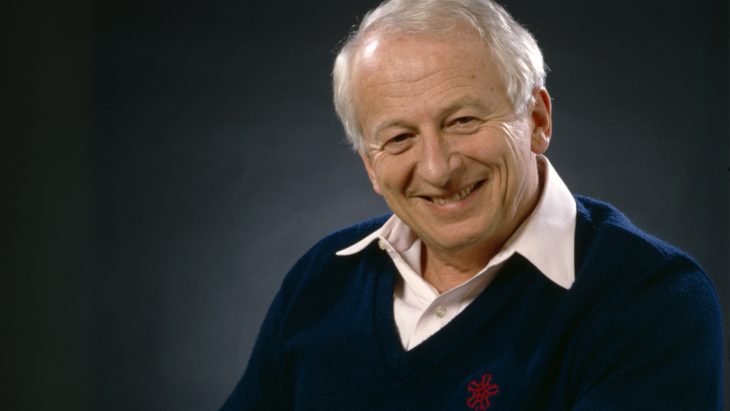
By Christopher Guly
OTTAWA – Canadian broadcasting legend Patrick Watson (above), who pioneered cutting-edge programming at CBC and who died in the early hours of July 4 at the age of 92, is being remembered as a consequential contributor to the country’s public broadcaster.
“From his start as a teen actor on CBC Radio’s The Kootenay Kid [in 1943] to his storied career with CBC News and his time as chair of the CBC/Radio-Canada Board of Directors, Patrick Watson’s contribution to Canada’s public broadcaster and his service to Canadians across a number of fields was far-reaching, made a difference and will not soon be forgotten,” said CBC/Radio-Canada spokesperson Leon Mar in an email to Cartt.ca.
“Mr. Watson influenced a generation of journalists. His most notable achievements during a remarkable career at CBC included the pioneering current affairs program, This Hour Has Seven Days, which he co-created with producer Douglas Leiterman and co-hosted with Laurier LaPierre in the mid-1960s; and hosting several CBC programs, including the eponymous The Watson Report (1975 to 1981) and Venture (1985 to 1987).”
The Canadian Press reported on July 4 Watson’s son, Chris, said his father had died overnight of natural causes.
Born in Toronto two days before Christmas in 1929, Watson’s career was initially headed toward academia. But in 1955 he dropped plans to obtain a PhD in linguistics from the University of Michigan to work for the CBC, and two years later, was hosting a travel series, The Four Corners.
This Hour Has Seven Days, which premiered in 1964 and attracted millions of viewers, made Watson a household name. Described by the CBC as “the most defiant and controversial program in Canadian broadcasting history,” it also established the co-host as an innovative journalist who pushed the envelope.
The Struggle for Democracy – originally a book he wrote in 1988 – was spun into a documentary series, shot in 30 countries over five years, and became the most expensive television project in Canadian history.
It is a series that “remains prophetic,” CTV host (formerly with the CBC), Evan Solomon, tweeted in tribute to his “trusted mentor” and friend.
Watson was “a man who transformed journalism and whose omnivorous curiosity was infectious and grounded in humanity,” said Solomon.
From the 1960s to the 1980s, “there was no bigger name, no more dynamic voice on CBC Television than Patrick Watson,” Tom Harrington, host of CBC Radio One’s The World This Hour, wrote on Twitter.
“It is hard to overstate the impact of his work at a very different time for the country & its public broadcaster. He influenced a generation of journalists.”
TVO’s The Agenda anchor Steve Paikin told CP that Watson is “at the top of the list…of legendary figures in Canadian journalism.”
Watson, who ended up CBC chairman during sweeping employment and station cuts from 1989 to 1994 and was the originator of the 60-second Heritage Minutes TV spots, was made a companion of the Order of Canada 20 years ago for promoting “excellence in Canadian television and radio.”
Iconic by his vast professional legacy, Watson also demonstrated extraordinary resilience at a personal level.
Injuries from a fall off a ladder in 1960 resulted in the amputation of his left leg above the knee. For Watson, however, it was perhaps more of a challenge than a setback as he pursued windsurfing, waterskiing and scuba diving.
A founding member in 2000 of Magicana – an arts organization dedicated to advancing magic as a performing art – Watson was a wizard with his craft.
Photo provided by CBC.


